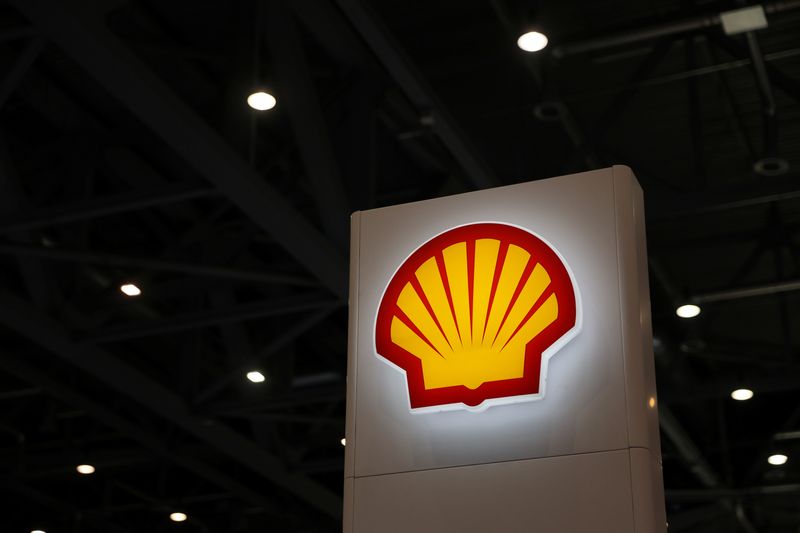Energy giants Shell (SHEL.L) and Equinor (EQNR.OL) reported higher-than-expected first-quarter profits on Thursday, using the heft of their trading desks to offset lower oil and gas prices.
The stronger-than-expected profits from the two companies follow forecast beating results from rivals Exxon Mobil (XOM.N), Chevron and BP over the past week.
Both companies are keeping dividends and share buybacks steady in contrast with BP, whose share price took a beating on Tuesday after it said its buyback would be smaller than in the previous quarter.
Shell's shares were up around 2.1% in early trading and Equinor shares rose around 2.7%, outperforming a European index of oil and gas companies (.SXEP) which was up around 1%.
Trading operations help companies weather volatility in oil, gas and power prices by buying and selling commodities and at the same time using financial instruments to hedge trades and bet on price changes.
Equinor, which has taken pole position to replace Russian gas and oil exports, said its average gas sales price to Europe had declined by 37% year-on-year in the first quarter while the price of oil was down by 24%.
Benchmark Brent crude oil prices averaged $81 per barrel in the first three months of the year, down 16% from a year earlier and 7% from the fourth-quarter.
Europe's benchmark TTF front-month wholesale gas contract has fallen 50% to around 37 euros per megawatt-hour (MWh) since the start of the year.
Lower natural gas prices also weighed on Shell's giant integrated gas business, with profits slumping 18% on the quarter.
Shell reported overall adjusted earnings of $9.65 billion in the first quarter, exceeding a company-provided analyst forecast of $8 billion.
Similarly, the Norwegian oil and gas producer's headline profit in the three months to March of $12 billion beat the $11.2 billion predicted in a company-provided poll of analysts.
Equinor’s headline earnings came in ahead of expectations across all key divisions, although the main driver was “very strong” trading in its midstream division across both oil and gas, RBC analyst Biraj Borkhataria said in a note.










